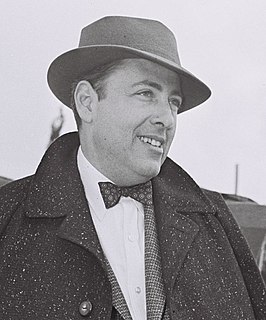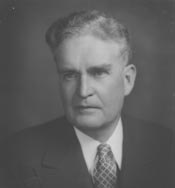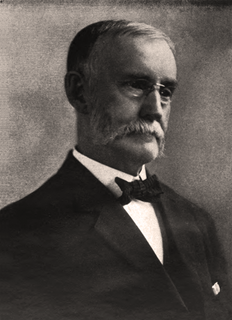A Quote by Eric Hoffer
There is sublime thieving in all giving. Someone gives us all he has and we are his.
Related Quotes
Let us fill a cup and drink to that most noble, ridiculous, laughable, sublime figure in our lives... The Young Man Who Was. Let us drink to his dreams, for they were rainbow-colored; to his appetites, for they were strong; to his blunders, for they were huge; to his pains for they were sharp; to his time for it was brief; and to his end, for it was to become one of us.
The law of giving and receiving is fundamental, and relates just as much to God as it does to us. As we go through the door of giving ourselves to God in worship we find that God comes through that same door and gives Himself to us. God's insistence that we worship Him is not really a demand at all but an offer-an offer to share Himself with us. When God asks us to worship Him, He is asking us to fulfill the deepest longing in Himself, which is His passionate desire to give Himself to us. It is what Martin Luther called "the joyful exchange."
I have a sense that God is unfair and preferentially punishes his weak, his dumb, his fat, his lazy. I believe he takes more pleasure in his perfect creatures, and cheers them on like a brainless dad as they run roughshod over the rest of us. He gives us a need for love, and no way to get any. He gives us a desire to be liked, and personal attributes that make us utterly unlikable. Having placed his flawed and needy children in a world of exacting specifications, he deducts the difference between what we have and what we need from our hearts and our self-esteem and our mental health.
The life of a family is filled with beautiful moments: rest, meals together, walks in the park or the countryside, visits to grandparents or to a sick person... But if love is missing, joy is missing, nothing is fun. Jesus gives always gives us that love: he is its endless source. In the sacrament he gives us his word and he gives us the bread of life, so that our joy may be complete.
'Greater love has no man than this that a man lay down his life for his friends' (Jn. 15:13). In truth if someone hears an evil saying, that is, one which harms him, and in his turn, he wants to repeat it, he must fight in order not to say it. Or if someone is taken advantage of and he bears it, without retaliation at all, then he is giving his life for his neighbor.
The great characteristic of men of active genius is a sublime self-confidence, springing not from self-conceit, but from an intense identification of the man with his object, which lifts him altogether above the fear of danger and death, which gives to his enterprise a character of insanity to the common eye, and which communicates an almost superhuman audacity to his will.
In giving us children, God places us in a position of both leadership and service. He calls us to give up our lives for someone else's sake - to abandon our own desires and put our child's interests first. Yet, according to His perfect design, it is through this selflessness that we can become truly fulfilled.






































